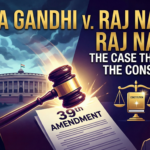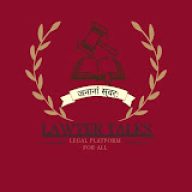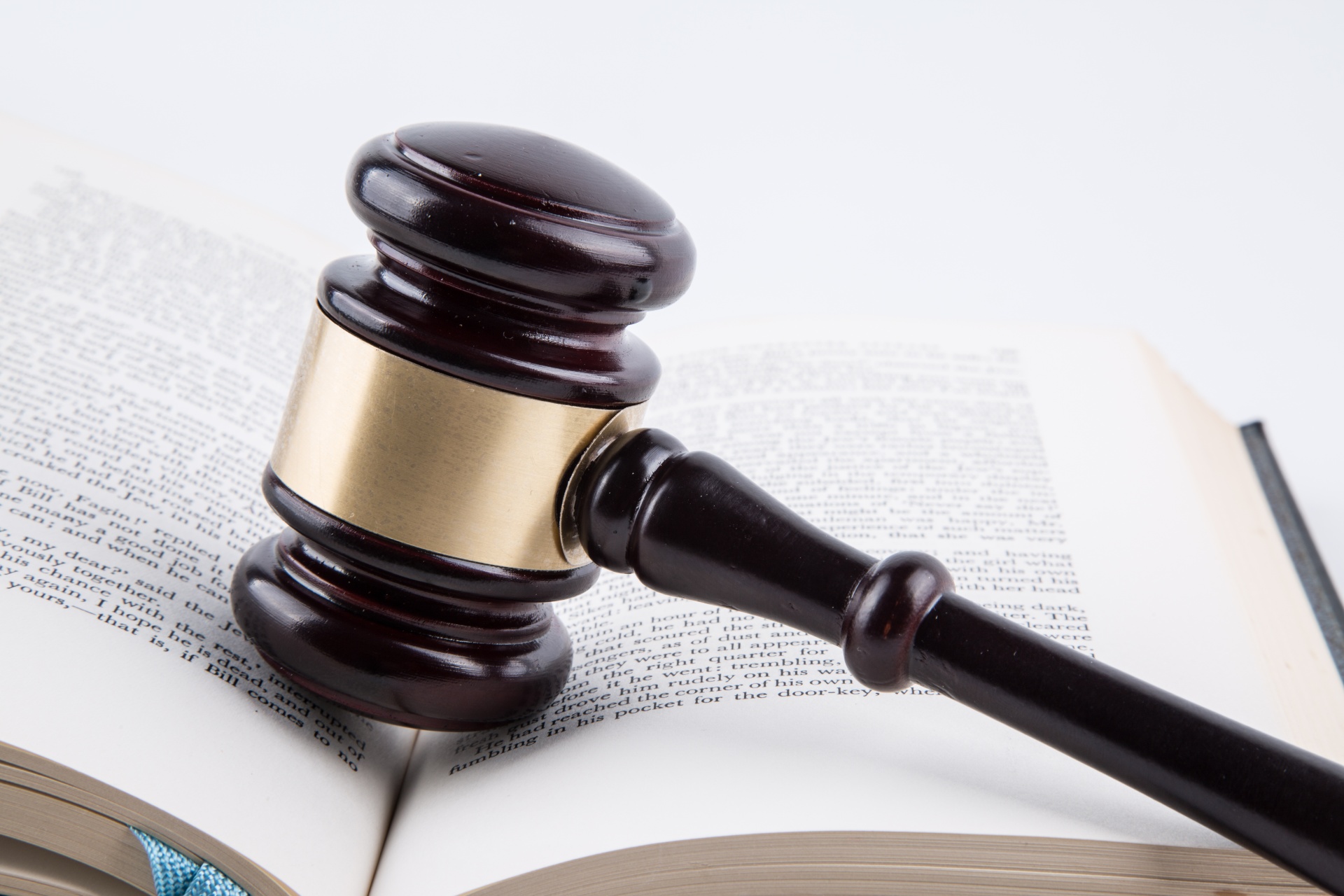The Delhi High Court on Wednesday reserved its verdict in the batch of petitions challenging the Common Law Admission Test (CLAT) 2025 undergraduate (UG) exam results. A Division Bench comprising Chief Justice Devendra Kumar Upadhyaya and Justice Tushar Rao Gedela concluded hearings in the case after several days of detailed submissions from both the petitioners and the Consortium of National Law Universities (NLUs), which conducts the national-level law entrance exam.
The court had been hearing a series of petitions filed by multiple CLAT UG candidates who alleged discrepancies in the CLAT 2025 paper, ranging from poorly framed and ambiguous questions to out-of-syllabus content and an unreasonably short window to raise objections. Several petitioners appeared in person or through legal counsel and pointed out what they termed as “fundamental flaws” in the question paper and the final answer key.
Table of Contents
ToggleKey Issues Raised During the Hearing
- Petitioners argued that several questions were either poorly framed, ambiguous, or did not align with the official CLAT syllabus released by the Consortium.
- Many claimed they had submitted objections within the 24-hour window allowed by the Consortium, yet the issues were not adequately addressed in the revised answer key.
- Some even alleged procedural lapses, including being interrupted during the exam for underlining on the question paper, and raised concerns over fairness and transparency in the evaluation process.
In response, the Consortium, represented by Senior Advocate Rajshekhar Rao, defended the integrity of the process and maintained that the exam was set by subject experts and went through a robust review process. Rao repeatedly emphasized the need for judicial restraint in academic matters and cautioned against the courts interfering in expert-driven evaluations.
Court Observations
Throughout the hearings, the Bench expressed concern over repeated issues with question-setting and the potential impact on students’ futures. Justice Gedela, at one point, stated, “The court’s role is not to rewrite the exam but to ensure fairness.” Chief Justice Upadhyaya also remarked on the need for the Consortium to consider improving the quality of paper setting, given that such issues have emerged repeatedly in recent years.
CLAT PG Petitions to be Heard from April 21
While the verdict on the UG petitions has been reserved, the Court clarified that it will begin hearing the postgraduate (PG) CLAT 2025-related petitions from April 21. “With respect to the PG matters, the Court will commence hearing on the next date, April 21,” the Bench stated. The PG petitions reportedly involve similar grievances related to answer key discrepancies and evaluation standards, but these will be taken up separately.
With the verdict reserved, candidates who appeared for CLAT UG 2025 will have to wait for the final judgment, which could have implications for rankings, admissions, and counselling schedules. If the Court orders any revision or re-evaluation, it may delay the entire CLAT admission process. As of now, the CLAT UG result process remains on hold, pending the Delhi High Court’s final decision.
- Dying declaration
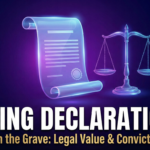
- Bihar APO Exam Date 2026: Prelims Scheduled for July 15 – Check Official Notification
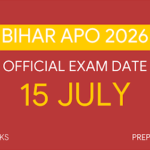
- UP APO Exam Date 2026 Announced: Check UPPSC Official Calendar & Schedule
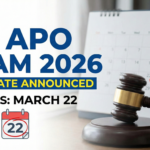
- Indian Army JAG 124 Notification 2026: Vacancies, Eligibility, and Apply Online

- Official IBPS 2026-27 Calendar Out: Check SO Law & RRB Scale II Dates
